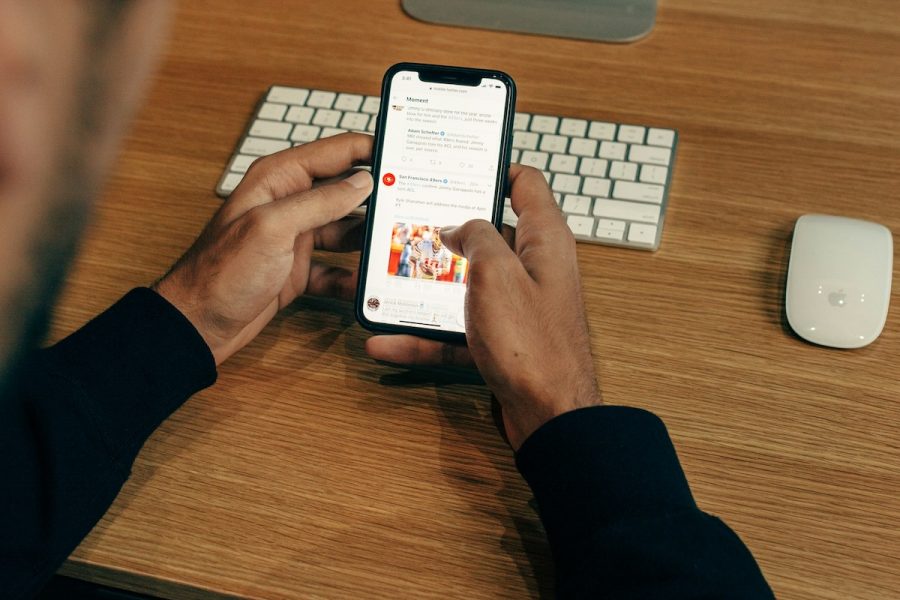It was five years ago today that the way software was made, distributed and paid for fundamentally changed.
Not very long ago, buying software for your computer was a much different experience than it is today. You’d have to go to a store—yes, a real brick-and-mortar type of deal—find the box of what you need and pay somebody behind a counter. You’d have to make sure the software was compatible with your computer, install it yourself and then find a safe place for the disc in case you ever needed to reload the program.
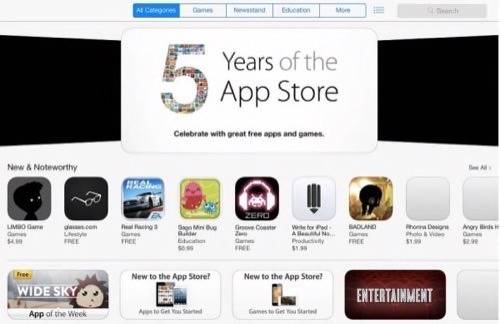
What a massive headache.
On July 10, 2008, Apple released the App Store for iPhone. As with many things Apple, the concept was not new: the software world had been moving to digital downloads for a while, and Palm’s PDAs showed that mobile-device users wanted apps. It was the execution, scale and scope of Apple’s new App Store that would forever change the software industry.
“Apple’s App Store fundamentally restructured the apps ecosystem, the process of developing and launching apps, and how consumers consumed content and services. It also changed computing forever,” said mobile analyst and consultant Chetan Sharma.
No single industry sector has been spared the changes that the spread of the App Store has brought about. Programmers and designers, enterprises and small businesses, media and advertising, government—name an industry and it has felt the effects of the App Store.
A New Industry Unto Itself
At its recent World Wide Developers Conference, Apple said it has paid mobile developers $10 billion since the App Store launched in 2008. That represents a multibillion-dollar industry that hardly existed before Apple created it. Global app revenue is projected to hit about $15 billion to $17 billion this year, between Apple and other app stores, like Google Play, Windows Phone Marketplace and BlackBerry World. The app ecosystem will soon be larger than the music industry, predicts mobile analyst Ben Evans.
By contrast, mobile advertising revenue was about $9 billion in 2012, according to the Interactive Advertising Bureau. The mobile economy, unlike the desktop Web, is more driven by purchases than advertising.
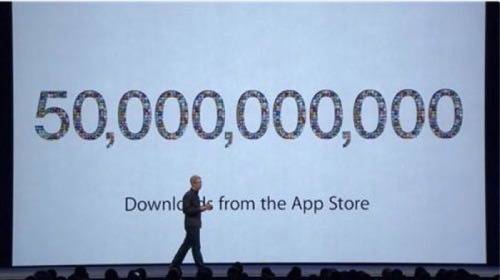
Apple has 900,000 apps in its App Store that have generated more than 50 billion downloads. Android’s Google Play is a very close competitor: It has about 800,000 apps that had been downloaded 48 billion times as of May 2013.
The mobile app, more than any other singular object in software, has redefined the computing experience. Late Apple cofounder Steve Jobs called the spread of smart mobile devices at the “Post-PC Era” in 2010. In this post-PC world, the app is the figurehead.
“Apple showed consumers the app way and now most of the consumption on smart devices takes place the apps route,” Sharma said.
In The Post-PC World, The Developer Is King
Software used to take a long time to program. It would then take longer to package and distribute. Once you had it on your computer, you had it for a while because the next version was not coming any time soon.
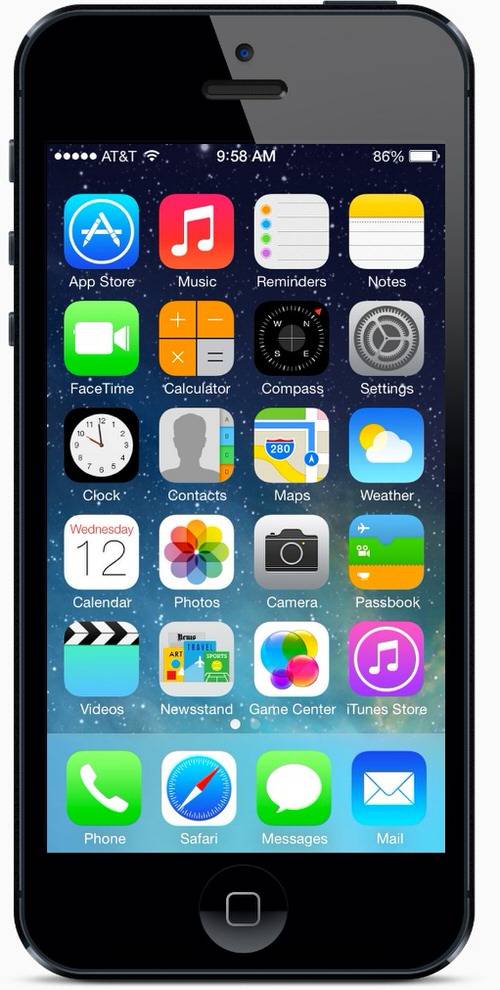
“It could take many months and even years before the complex negotiations were over to launch the apps. Independent developers rarely had a shot,” Sharma said. “Now, student in a dorm can become an overnight sensation. It takes only minutes and hours to get something in the market. The industry has become a multi-billion prosperous industry employing thousands around the globe. This didn’t exist to the scale pre-2008.”
Mobile developers with the skill and knowledge to build native (not Web-based) apps are in extremely high demand. The best ones easily make six-figure salaries and basically can choose where they want to work.
In the new Internet economy, mobile developers are essentially the straws that stir the drink. They build the apps that serve the content, features and functions that more than a billion smartphone users across the globe rely upon.
The App Store Changed The Enterprise
If you were in IT at a large enterprise over the past 20 years, your job likely consisted of distributing software to employees across the company. You’d get a PC, load it up with the software, put it on their desk and check up periodically to see how much the employee messed things up.

The concept of an app store has made that process both infinitely easier and much, much harder.
“The app store is what made BYOD [bring your own device] possible,” said Jack Gold, principal analyst at J. Gold Associates. “Without it, the devices would just be expensive toys. It’s the apps that created such overwhelming demand by end users.”
It is now much easier to deploy and maintain software across an enterprise. IT gurus can distribute it from a central repository to specific user devices and make sure that the right people have the right apps. The demand for apps in all segments of the enterprise has never been higher and developers are scrambling to serve.
BYOD isn’t exactly a new concept: PCs first penetrated businesses in the ’80s in much the same subversive way. But in-house IT rapidly brought those PCs under central management. As Gold notes, the App Store vastly accelerated the BYOD movement in the modern era. IT departments now have to deal with employees bringing their own devices and the security, management headaches that often means. With BYOD, employees also bring their own apps for specific purposes, many of which don’t jive with the company’s standard practices.
“The apps stores also forced enterprises to look at mobile devices in larger numbers and for greater functions than they would have otherwise. Most enterprises could not have built the number and diversity of apps being deployed by themselves,” Gold said.
Time For A Change
Apple has been extremely successful with the App Store. Its iPad and iPhone empire has been built the back of the App Store. Consumers buy Apple’s smart gadgets because they want access to the apps that can enrich their lives.
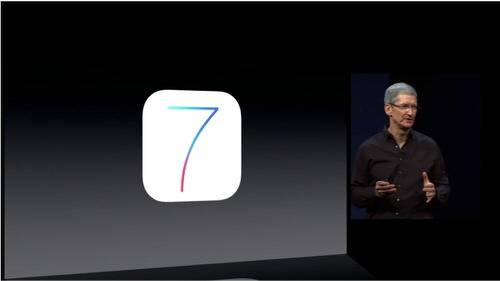
It is time for the App Store to evolve.
The App Store is not without its problems. While developers may be the new kings of technology, only the top of the top make any meaningful money from the App Store. By most estimates, between 70 and 90 percent of app developers do not break even with their entries to the App Store (that goes for the other mobile platforms as well). Discovery of new apps is a problem in the App Store and network effects help keep the top on the top.
Five years in, Apple cannot rest on its laurels. Android’s Google Play store is breathing down Apple’s neck, bringing developers more ways to monetize and distribute across the world. Mozilla’s brand new Firefox OS looks to bring the power of the Web back to the forefront of mobile devices.
We can look back at the last five years and marvel at how the App Store changed computing. As we look forward to the next five years, the transformation is just getting started. We may not recognize computing by the time this wave is through—but we can recognize where it began.






